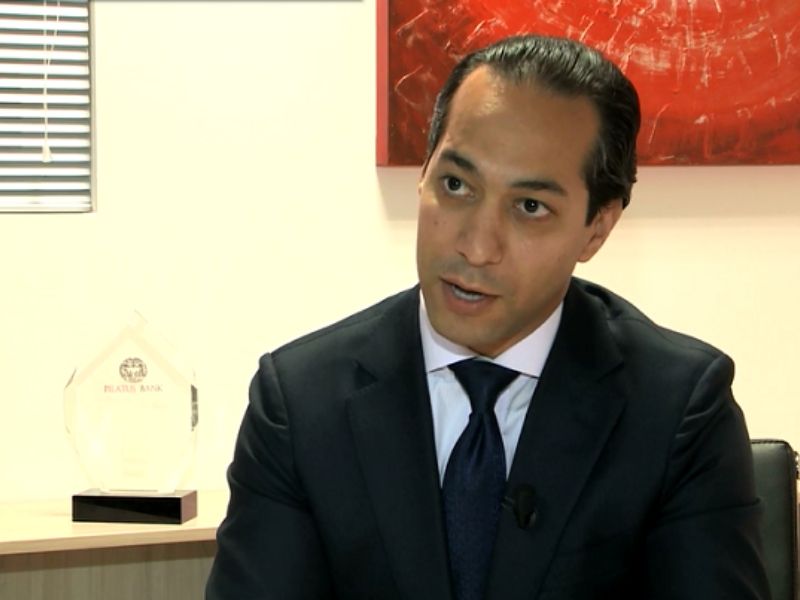Iranian banker and former owner of Pilatus Bank Ali Sadr Hashemi Nejad was found guilty by an American jury of breaching US sanctions against Iran and bank fraud by moving millions of US dollars through a Venezuelan housing project.
He was also found guilty of bank fraud conspiracy, defrauding the US government. Sadr was not found guilty of money laundering.
Ali Sadr was facing a trial by jury which revolves around multi-million dollar payments processed through the US banking system. The US Assistant Attorney argued that this constituted a federal crime as it breached US-Iran sanctions.
Breaking: Iranian national Ali Sadr Hashemi Nejad found guilty of a $115 million sanctions-busting scheme through Venezuela.
Two sick jurors deliberated remotely via videoconference out of COVID-19 concerns. Sadr waived his right to appeal based on their absence. @CourthouseNews
— Adam Klasfeld (@KlasfeldReports) March 16, 2020
The jury agreed and found Ali Sadr guilty. The Judge did not jail Ali Sadr, placing him under house arrest pending the handing down of the sentence.
The former owner of the now-defunct Pilatus Bank in Malta came under the local spotlight after journalist Daphne Caruana Galizia reported on the bank’s links to money laundering, kickbacks to Maltese politicians and large transfers to members of the Azerbaijani ruling elite. The European Central bank withdrew Pilatus Bank’s license in November 2018.
1⃣ Bank fraud
2⃣ Conspiracy to commit bank fraud
3⃣ Defrauding the US
4⃣ Breaking sanctions against Iran@PilatusBank owner Ali Sadr Hasheminejad has just been found guilty of a barrage of financial crimes. Confirmation that @MaltaGov truly befriended a world class criminal. pic.twitter.com/6ApwhueeFp— David Casa (@DavidCasaMEP) March 16, 2020
He was recently mentioned in the public inquiry looking into whether Caruana Galizia’s murder could have been prevented. The three Judges asked Assistant Commissioner Ian Abdilla, the Head of the Economic Crimes Unit, whether they had investigated the contents of a briefcase that Ali Sadr was seen carrying out of the bank the night the murdered journalist linked Panama company Egrant to Michelle Muscat, wife of former Prime Minister Joseph Muscat. The bank in Malta was set up under his administration.
Abdilla said that no sensitive documents had been taken out of the bank because they had searched it, only the had occurred the following day.
PN MEP David Casa reacted on social media, saying the ruling was “confirmation that the Maltese government truly befriended a world class criminal”.
During the trial, the prosecution accused Ali Sadr of using “smoke and mirror” tactics to hide his Iranian identity through the use of multiple passports and different dates of birth.
The prosecution displayed the four passports Ali Sadr purchased from St Kitts and Nevis and showed the jury that he travelled more than 100 times and paid multiple visits to Malta, Istanbul, London, Zurich and Tehran.












